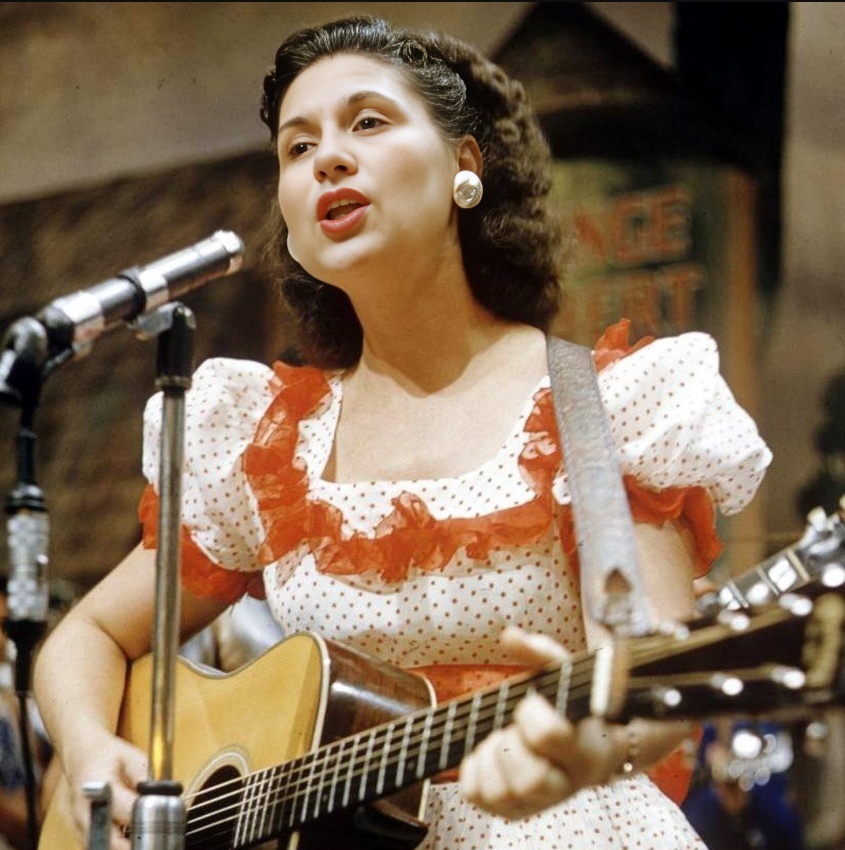
Kitty Wells, born Muriel Ellen Deason in 1919, was a pioneering American country music singer who broke down barriers for women in the genre. Often dubbed the “Queen of Country Music,” she holds the distinction of being the first female country singer to top the U.S. country charts, a feat achieved with her groundbreaking 1952 hit, “It Wasn’t God Who Made Honky Tonk Angels.” Wells’ career spanned decades, marked by numerous awards and accolades including her induction into the Country Music Hall of Fame in 1976. While she never achieved mainstream pop chart success, her influence on country music is undeniable, paving the way for countless female artists to follow.
“It Wasn’t God Who Made Honky Tonk Angels” is an answer song to Hank Thompson’s popular tune, “The Wild Side of Life,” which blamed women for the downfall of men. Wells’ song, however, offers a pointed rebuttal, arguing that women are driven to honky-tonks and destructive behavior by unfaithful and irresponsible men. The lyrics speak to the societal double standard of blaming women for seeking solace in bars and relationships after being hurt by their partners. The song directly challenges the patriarchal narrative prevalent in country music at the time, offering a sympathetic portrayal of women’s experiences.
Upon its release, “It Wasn’t God Who Made Honky Tonk Angels” generated significant controversy, with some radio stations refusing to play it. However, its controversial message resonated strongly with audiences, particularly women, catapulting it to the top of the charts. Its success demonstrated the power of female perspective in a male-dominated industry and cemented Kitty Wells’ place as a revolutionary figure in country music history. The song remains a powerful anthem and a poignant commentary on gender roles and societal expectations, continuing to spark conversations about inequality decades later.